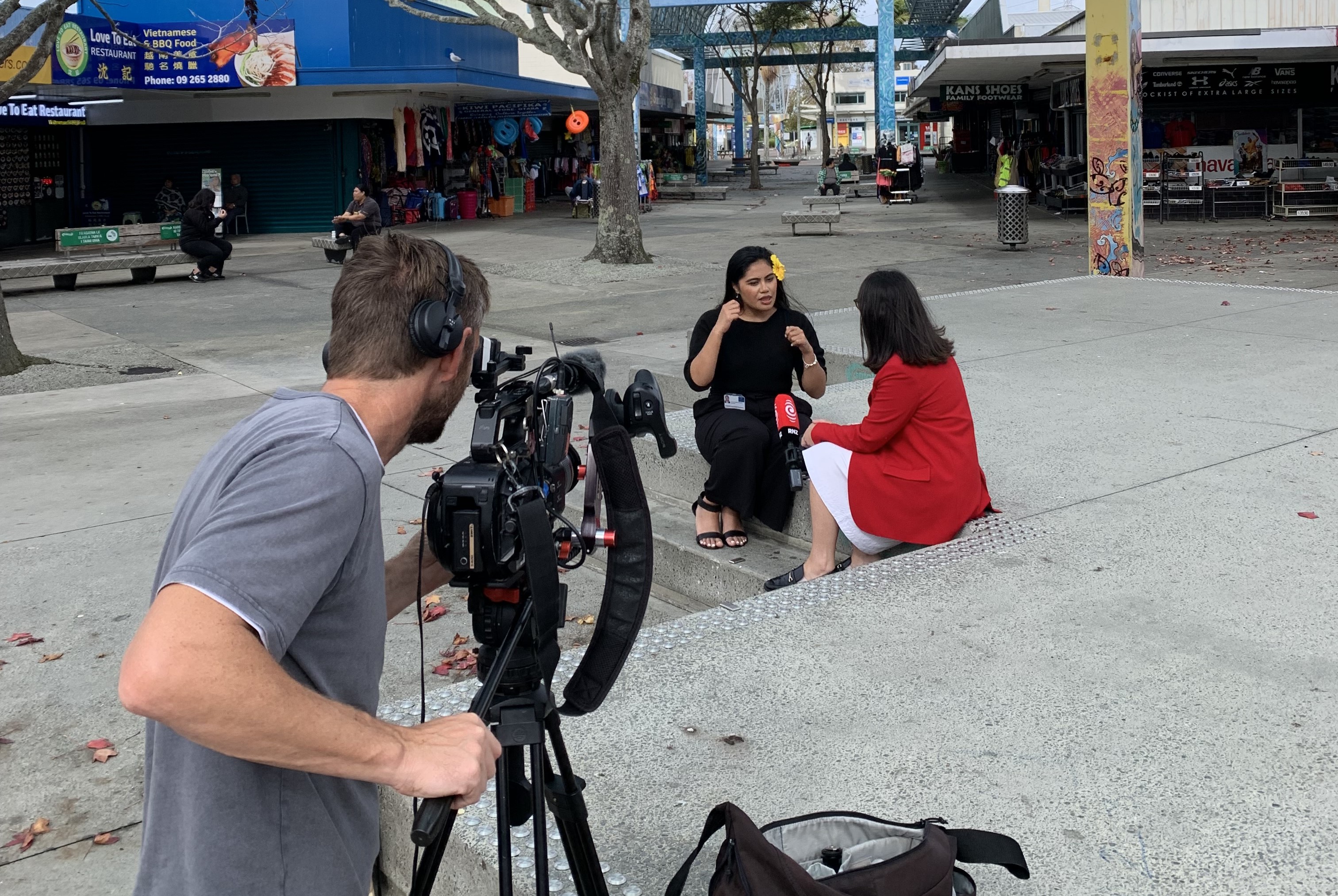Fono describes her job as a 'health brokering role'. She endeavours to make the health system more accessible for vulnerable tamariki and rangatahi.
'There’s a really high number of kids who come to the attention of Oranga Tamariki and who have unmet health issues,' she says.
Fono says there are a number of barriers to whānau getting the medical help that their moko need.
'Whānau may not have a car, or shift work means they can’t make medical appointments, a baby might not be registered with a birth certificate which means they can’t register with a GP, or no phone credit means they can’t phone to book an appointment,' Fono says.
Fono works out of the Oranga Tamariki Otara site and alongside social workers.
'It means we can identify health issues earlier,' she says.
Some of these issues include neglect, malnutrition, ADHD and poor hearing and eye-sight that affect learning, re-occurring eczema infections, scabies, and lice.
Fono acts as a short-cut to get urgent medical issues treated by professionals.
She drops prescriptions off to homes, re-arranges specialist appointments to suit a whānau, helps with transport to get them to an appointment, registers babies with GPs and Plunket and even makes sure babies have a birth certificate.
Fono says unmet health issues are often linked to other issues that social workers come across such as truancy.
'There was a young person who hadn’t been to school for months and months because they were being bullied. It turns out the bullying was down to the young person having infected eczema. I dropped a script off that same day and the young person was back at school as soon as the infection cleared.'


